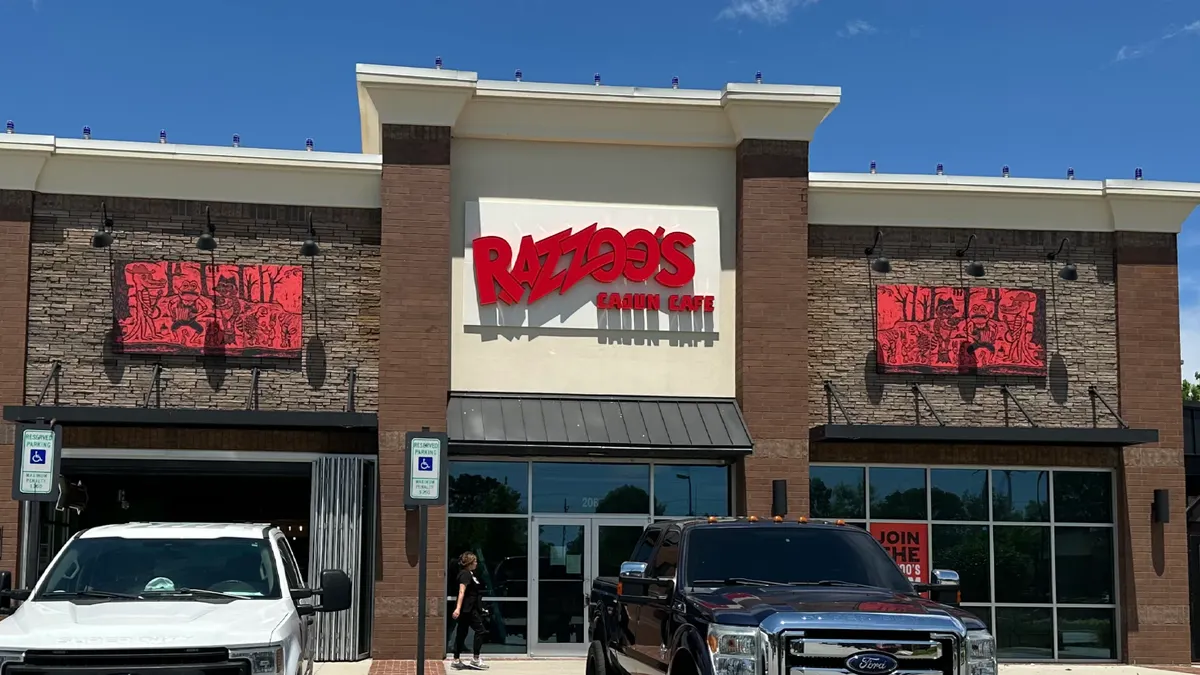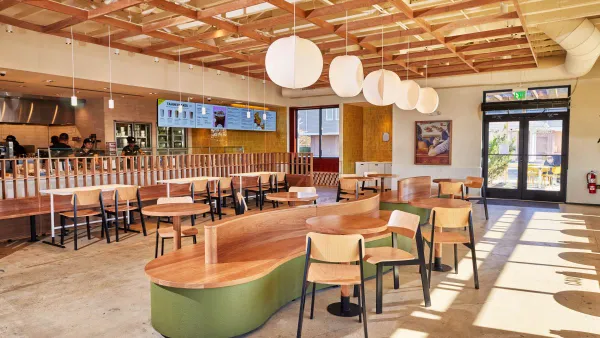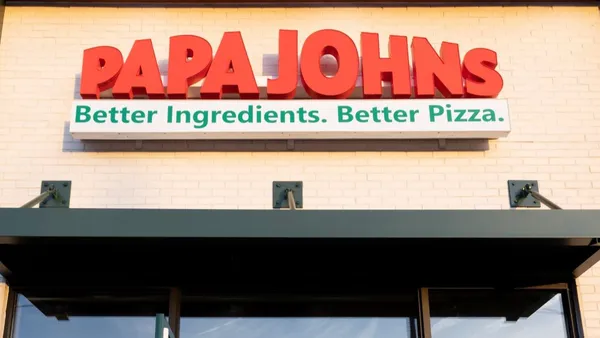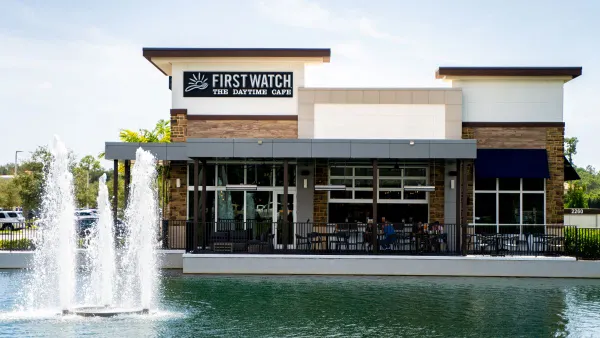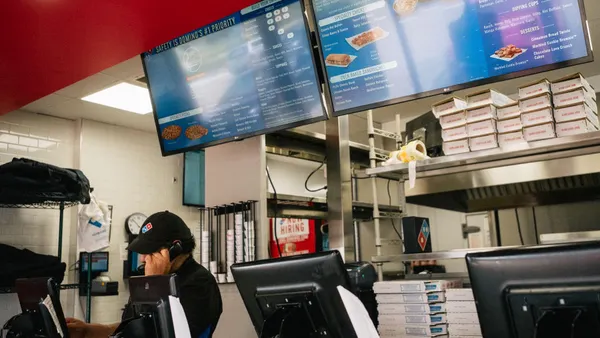Dive Brief:
- Razzoo’s Cajun Cafe, a 20-unit casual chain located primarily in Texas, filed for Chapter 11 bankruptcy protections on Wednesday, court documents filed with the Southern District of Texas Houston Division show.
- The concept was founded in 1991 in Dallas and grew to 24 units across Texas, North Carolina and Oklahoma. It closed four underperforming restaurants in 2024 and 2025 due to market factors and liquidity issues, Philip Parsons, Razzoo’s CEO said in a court filing.
- Parsons said sales declined due to shifts in consumer spending, diner preferences for convenience, affordability and delivery following the COVID-19 pandemic. Economic uncertainty, plus a heavy discounting and media presence from casual dining competitors, also weighed on sales.
Dive Insight:
As consumers traded down to fast casual and quick service restaurants because of inflation and higher interest rates, casual chains like Chili's and Applebee's capitalized with aggressive marketing and value-oriented campaigns. The mounting competition negatively impacted Razzoo’s traffic, Parsons said.
“Debtors’ sales have continued to be unfavorable to forecasts in light of the heavy competition among casual dining chains to attract consumers searching for best value to fit their strained budgets,” Parsons wrote.
While Chili’s, Olive Garden and Applebee’s have turned traffic positive recently, other casual dining brands are still seeing sales declines. Denny’s and IHOP have both seen same-store sales declines continue despite value plays, and branding controversy cost Cracker Barrel a significant traffic drop.
Razzoo’s sales also typically peak during crawfish season, which started earlier in 2025 than in 2024. Lower than normal crawfish retail prices also led Razzoo's to see sales decrease compared to prior seasons, Parsons wrote.
The company doesn’t own any real estate and has signed long-term leases for many of its stores with total monthly obligations around $650,000. Because of declining sales, those leases became particularly burdensome to the company’s liquidity and a significant portion of monthly cash flow has gone toward rent, Parsons said. To save money, the chain exited unprofitable locations, which could reduce its lease expenses by about $110,000 in addition to other cost savings related to the closures.
“Despite the benefits realized from ongoing cost-saving initiatives implemented by the Debtors’ experienced management team, the Debtors’ liquidity situation has left them unable to service their ongoing lease and debt service obligation,” Parsons wrote.
The company reported $76.6 million in sales in 2024 and an adjusted EBITDA of about $3.3 million. However, its prepetition secured debt is over $9 million, and it owes about $3.1 million in unsecured trade debt, Parsons wrote.
Razzoo’s is among a growing list of casual chains to have filed for bankruptcy. Bertucci’s filed its third bankruptcy while Bravo Brio Restaurants filed its second bankruptcy earlier this year. In September, eatertainment brand Pinstripes went bankrupt after trying to become a public company through a special purpose acquisition corporation, and Mexican chain Abuelo’s filed for Chapter 11.



